The development of natural science not only created a vast United States of America with ships and railways, but also expanded the unstable ship empire of Britain, allowing it to dominate the world, but this happened to other countries concentrated on the European continent. Had completely opposite effects.
These countries are still closed within the national boundaries drawn in the era of horse-drawn carriages, and they are watching helplessly as Britain takes the lead in its overseas expansion. Only Russia still had the freedom to expand eastward. It built a large railway across Siberia and used it to start a war with Japan. At the same time, Russia approached the borders of Persia and India to the southeast, causing British dissatisfaction. Other countries in Europe suffer from overpopulation.
For the development of human life, the country must be established on a broader basis. In order to achieve this, alliances can be automatically sought, or alliances can be forced by powerful powers. The trend of modern thought is naturally towards the former, but the traditional political forces of various countries push Europe towards the latter.
With the decline of Napoleon's Third Reich and the rapid rise of the New German Empire, more and more people have a hope or fear that Germany will unify all of Europe. Europe's unstable peace has been focused on this possibility for 36 years.
France has always been Germany's strong enemy. Since the split of Charlemagne's empire, France has actively formed an alliance with Russia to make up for its own shortcomings. Germany tried its best to win over the Austrian Empire (from the time of Napoleon's First Empire, Austria was no longer part of the Holy Roman Empire), but its attempt to form an alliance with the emerging kingdom of Italy ended in failure. At first, Britain still had the same indifferent attitude towards disputes on the European continent as before. However, due to the growing power of the German navy, Britain began to side with the alliance between France and Russia.
The ambition of German Emperor Wilhelm II (reigned from 1888 to 1918) caused Germany to prematurely join the fight for overseas colonies. This not only attracted the attention of Britain, but also pushed Japan and the United States into the hostile camp. side.

Statue of King William II of Germany, who reigned from 1861 to 1888. In 1871, he unified Germany and became the first emperor of Germany.
These countries are armed. The proportion of firearms, military supplies and warships in the national production is getting higher year by year. The situation is turbulent. The war seems to be starting for a while, and then it seems to be easing. However, the war finally broke out.
Germany and Austria first launched an attack on France, Russia and Serbia.
The German army invaded Belgium . The British immediately entered the war to aid Belgium and drew Japan into their alliance.
Soon, Türkiye also joined the German side in the war.
Italy attacked Austria in 1915. In October of the same year, Bulgaria also joined the melee among Central European countries.
In 1916, , Romania, , and in 1917, the United States and China also announced war against Germany.
The important question is probably not why the war started, but why no one anticipated the war and prevented it. What's more important is that millions of people are too "patriotic", too ignorant, and too callous to promote the European unification movement with an upright attitude and prevent this tragedy from happening.
(H.G. Wells's "The History of the World You Should Know" reading notes)
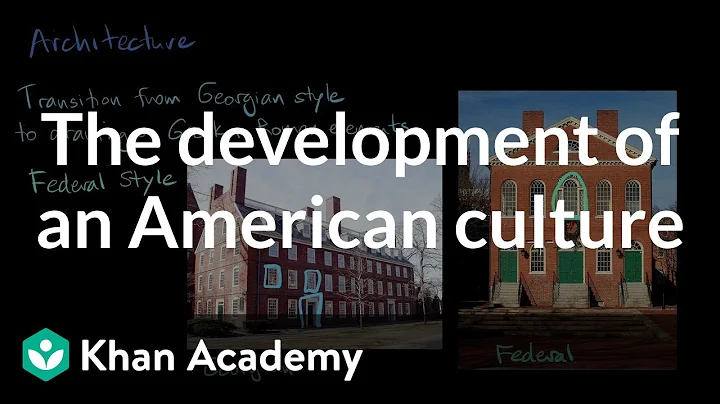




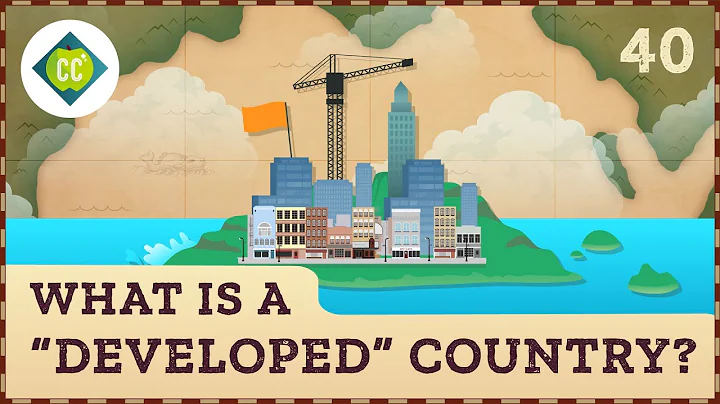
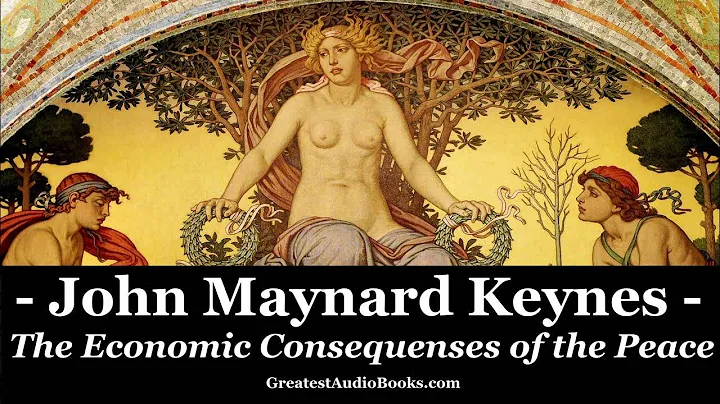
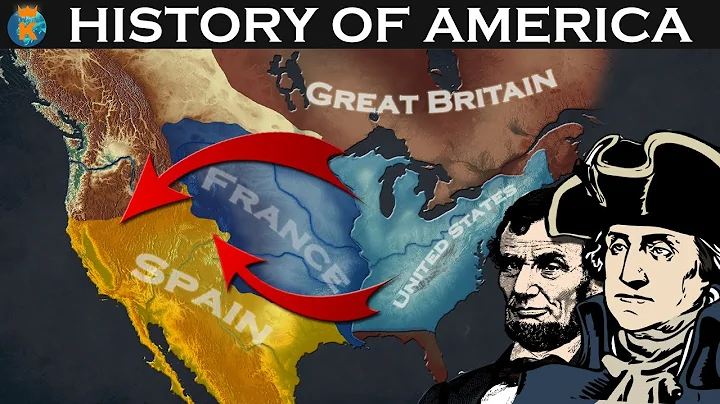

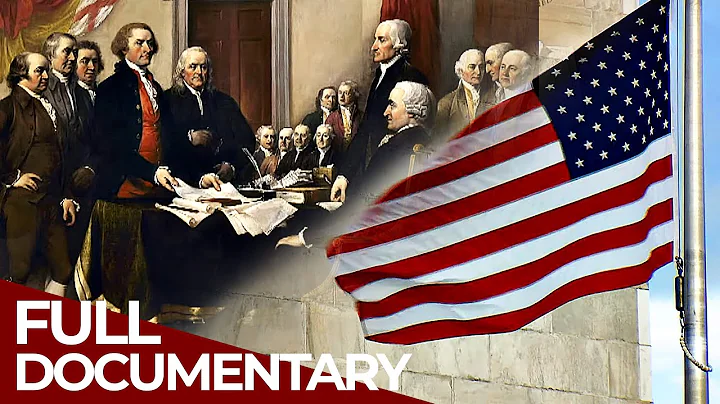
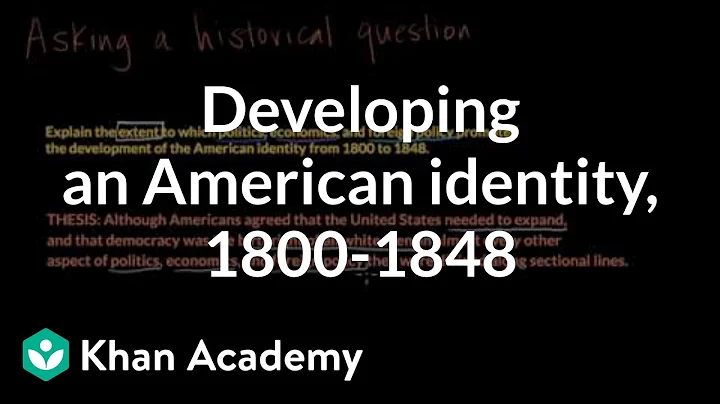

![[ENG SUB] A History of China: 唐代宗教 Religion in the Tang Dynasty 兼容并蓄:唐代的宗教思想 | EP51 | 中国通史 - DayDayNews](https://i.ytimg.com/vi/dVSHOv86XiI/hq720.jpg?sqp=-oaymwEcCNAFEJQDSFXyq4qpAw4IARUAAIhCGAFwAcABBg==&rs=AOn4CLABLVidfgh83c7d28MwDVoDdq4cMA)








